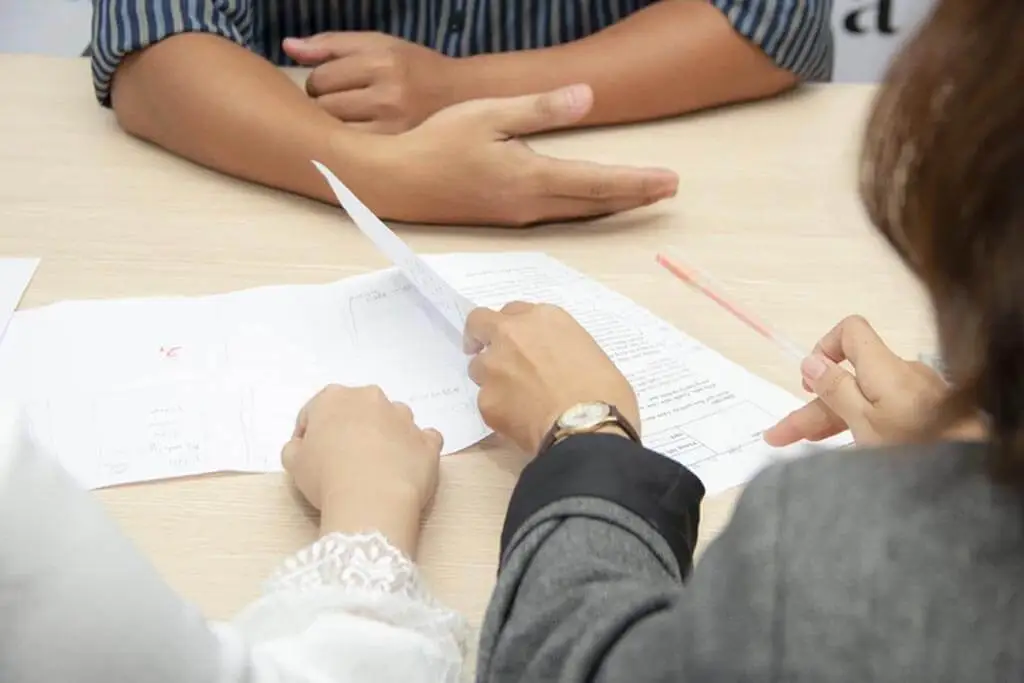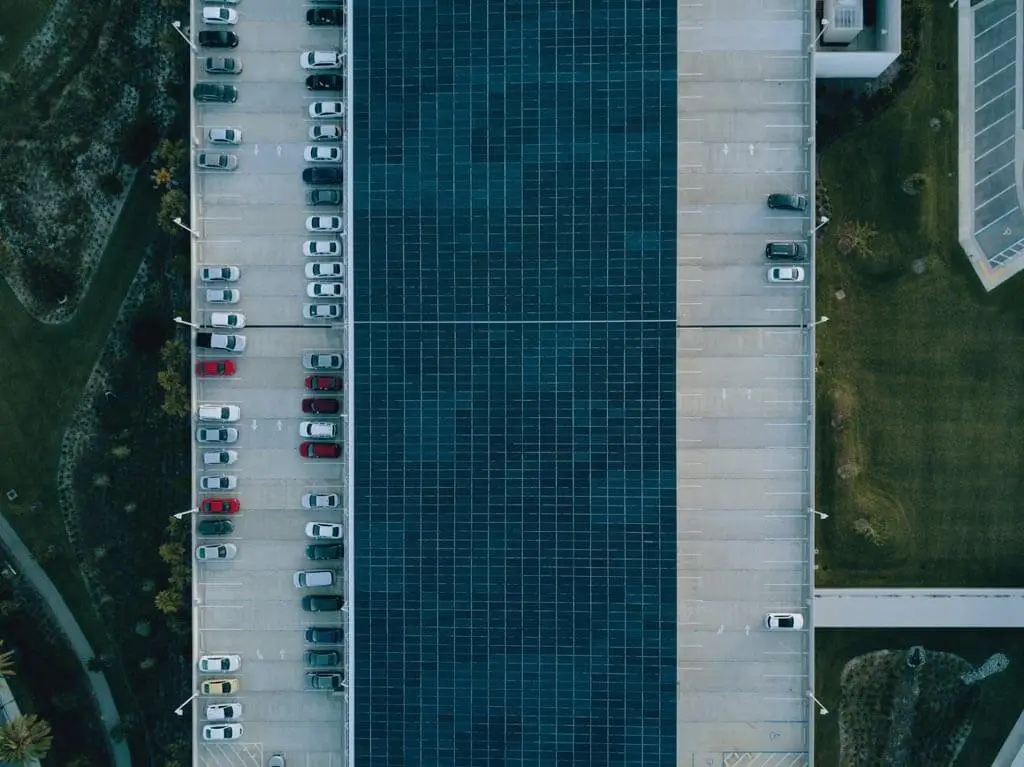Although having a condo comes with numerous perks, it also entails a handful of responsibilities. For the most part, you’re dealing with financial obligations.
The fact is the cost of property ownership doesn’t stop at buying the condo. If you think about it, settling a life-long payment has just begun after you get the keys to your unit. Similarly, when you’re a renter, you’re thinking about costs on top of your monthly rental fees.
It’s important to know all these financial obligations, including condo tax, to avoid potential legal liabilities later on. Take note that if you don’t settle these, you could be looking at penalties, or -- worse yet, losing your condo.
In observation of the Tax Consciousness Month this March, use this guide to cover all the fees related to your condo ownership:
1. Association dues
What about the real property tax on the common areas of the building? This constitutes part of the association dues.
The other factors it covers are the salaries of the property management staff, utilities and maintenance costs of the building, and insurance. The insurance only covers the building and the common areas, not the individually-owned units.
Who pays for the association dues?
While real property taxes are the condo owners’ responsibility, association dues can be shouldered by either the owner or the tenant. This would depend on negotiations between the lessor and lessee.
How much would you need to pay?
The exact amount will depend on the size of your unit, the number of amenities in the building, and the overall costs of managing the property. In general, the bigger your unit is and the more services and amenities there are for the community, the higher your association dues.
In the past, association dues were subject to value-added tax; and there were condo fees tax deductions. But as of 2020, the Supreme Court upheld a decision not to subject condo dues to the 12% value-added tax.
 Photo courtesy of Karolina Grabowska via Pexels
Photo courtesy of Karolina Grabowska via Pexels
When should you pay for it?
For condo owners, once the unit is turned over to you, you will be expected to settle the association dues. Regardless of when you’re moving in or if the unit has or doesn’t have occupants, you must pay. That said, if you plan to make your condo a rental, you may have to shoulder the dues while you’re scouting for tenants.
What happens if you fail to pay your association dues?
Similar to unpaid real property taxes, you would be facing penalties. The exact amount will depend on the developer. For the most part, property administrators slap a 4% interest on unpaid dues. Until you settle your dues, you won’t have access to amenities in the building.
2. Membership fee
In most instances, condo owners become automatic members. Once the title is transferred in your name, you become part of the homeowners’ association.
However, according to Section 5 of Resolution No. 770 of 2004 (the Framework for Governance of Homeowners Association), a homeowner’s membership is considered voluntary. This is why there are some developers who charge membership fees separately. You’ll only have full access to the amenities of the building once you’ve settled your membership cost.
Who pays for this? Condo owners pay for the membership fee. When they rent out space, they would usually include this in the monthly fees charged to tenants.
 Photo courtesy of Van Tay Media via Unsplash
Photo courtesy of Van Tay Media via Unsplash
How much is the membership fee, and when do you need to pay it?
The exact amount varies from one condo to another. It’s important to understand the fine print of your contract, though, to know the coverage of the costs you’re paying. These financial obligations start once you sign the membership agreement.
What happens if you fail to pay it?
As mentioned, if you don’t settle membership fees, you’ll lose access to amenities in your condo building. Your property manager may also add fines for late payments.
3. Utility connection fees
Some developers partner with cable or phone companies to provide exclusive services to condo occupants. If you have a preferred utility company, then that’s an additional cost you must be prepared to pay.
Who pays for these? The condo owner will pay for their own utility connection. If you plan to lease your unit, factor this in when you apply for utility connections. It’s important to make your property and includes services such as Internet connection rental-ready for future tenants.
 Photo courtesy of Chris Montgomery via Unsplash
Photo courtesy of Chris Montgomery via Unsplash
How much are the fees and when do you need to pay them?
The installation of your utility services will depend on which provider you choose. In some instances, there are companies that offer free activation; and the payment begins after the first month of service.
What happens if you fail to pay?
If you fail to settle your bills up to a certain period, the worst that can happen is the disconnection of your utility services. With excellent connectivity as a pressing real estate trend in 2021, it will be hard to make a condo unit with no internet connection attractive.
4. Parking fee
This is among the common fees new condo owners aren’t familiar with. Yes, the parking space your car would occupy in the building carries a separate charge from the unit you bought.
Priced per square meter, parking fees go up, as the parking space gets bigger. In fact, most parking slots sold in Makati City condos are priced at half-a-million pesos. This is why many choose to rent rather than to buy.
Who pays for this fee?
The person who uses the parking space is responsible for settling this financial obligation.
 Photo courtesy of Josh Sorenson via Pexels
Photo courtesy of Josh Sorenson via Pexels
How much is the parking fee and when do you need to pay it?
This would again depend on the developer and the size of the parking space. In general, however, the rate is between PhP10,000 to PhP15,000 a month. Inquire at the property management’s office about specific rates.
Being a condo owner or a tenant has a lot of perks and privileges, but remember that it also comes with responsibilities. Property ownership or rental carries with it its own set of financial obligations -- with possible legal repercussions if you renege on your payments. That said, put your finances in order, as you embrace this promising investment and vertical living.
Key Takeaways
When you are buying or leasing a condo in the Philippines, there are certain taxes and fees that you should be aware of. That's why it's important to do your research and know exactly what you are getting into before making any decisions.
- Keep track of your condo's association dues. This is an important fee that goes towards the maintenance and upkeep of your building.
- Be mindful of your property tax. This is a tax that you will have to pay every year, and it is based on the value of your condo.
- Be careful of special assessments. These are fees that can be imposed on all of the residents of a building for special projects, such as repairs or renovations.
To learn more about pre-selling and ready for occupancy projects, units for lease, and special promos, log on to DMCI Homes or call (632) 5324-8888. You can also check out DMCI Homes Leasing for currently available condos for rent.
News and other updates are also posted on the company’s official website and its social media accounts on Facebook, X, Instagram, and YouTube.








